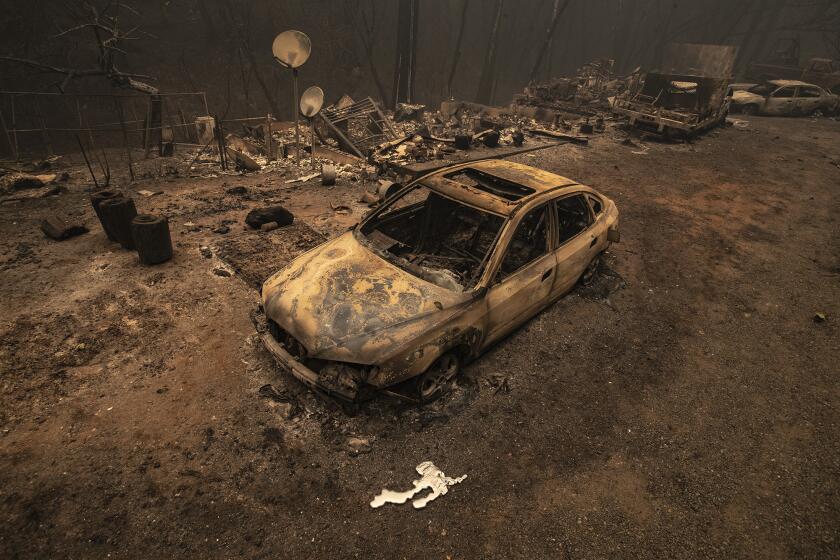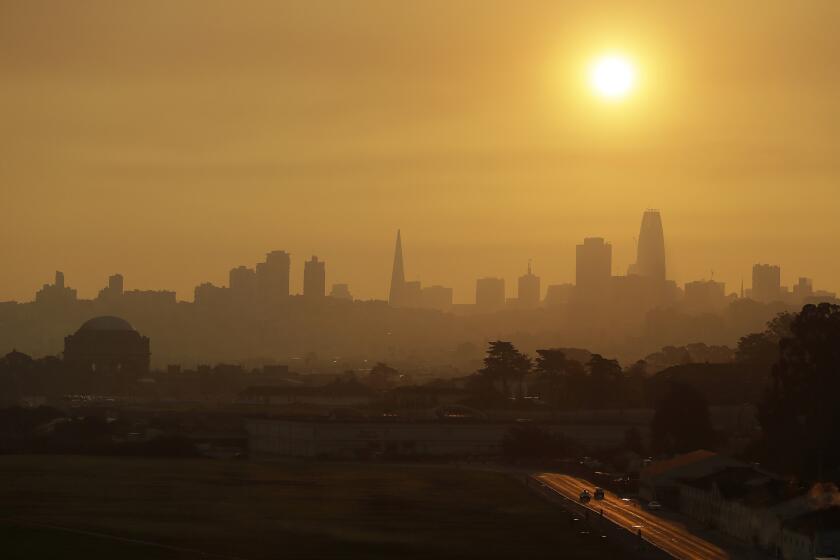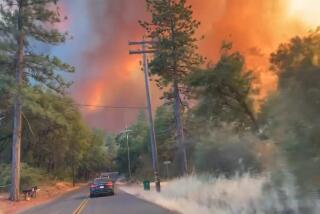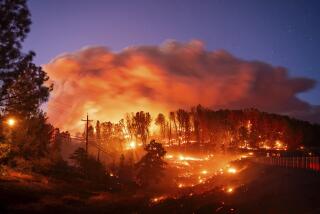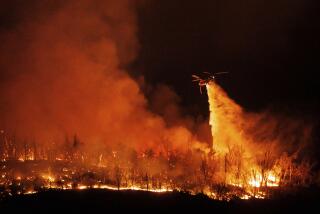North Complex fire claims its 16th victim, Berry Creek man who was burned 6 weeks ago
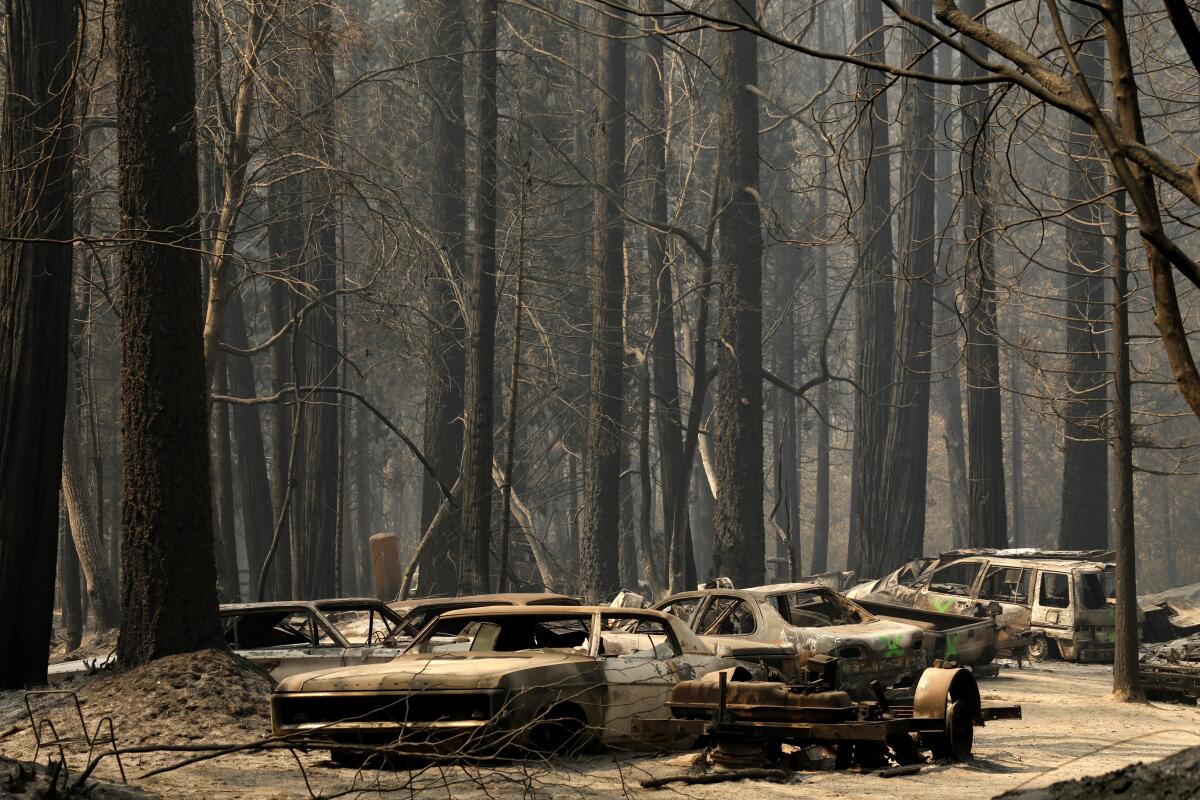
A 54-year-old Berry Creek man has become the latest victim of California’s deadly wildfire season.
Officials with the Butte County Sheriff’s Office announced the death of Win Naing in a news release Wednesday. Naing died Oct. 21 after suffering burns in the North Complex West Zone fire. He is the 16th victim of that blaze and at least the 31st person to die in a California wildfire this year.
Naing was injured Sept. 8, when the fast-moving fire was consuming 2,000 acres an hour and forcing residents of Butte, Plumas and Yuba counties to flee.
Naing was able to drive himself from his home on Sandy Springs Lane to a nearby firefighter, who had him transported to Enloe Medical Center, officials said. He was later transferred to UC Davis Medical Center, where he died last week after being placed into a medically induced coma.
The Sheriff’s Office expressed condolences to Naing’s family and friends, “and to all the families who lost loved ones in this devastating fire.”
As California suffers the worst fire season on record, residents complain that officials have ignored pleas to reduce fire risks.
The North Complex is the fifth-deadliest wildfire in California history, according to the California Department of Forestry and Fire Protection. The 2018 Camp fire, also in Butte County, killed 85 people and is the state’s most deadly blaze.
Like Naing, most of the North Complex’s 15 other victims, who ranged in age from 16 to 79, lived in Berry Creek, which was nearly leveled by the flames. Two victims hailed from nearby Feather Falls.
Nearly 9,000 fires have occurred this year, according to Cal Fire. The historic wildfires have consumed more than 4.1 million acres in 2020, shattering the record of 1.8 million acres set in 2018.
But the state isn’t only seeing more fires, it’s seeing fires that are more dangerous too.
“Some of the fire behavior that we have observed this year has been more intense than people have seen, ever,” Cal Fire spokeswoman Christine McMorrow said. “When you have 70-mph winds pushing flames down a slot canyon, that’s pretty unusual, and that fire is going to behave and move in ways that folks haven’t seen before, or wouldn’t be able to predict.”
Record heat. Record acres burned. Sky-high air pollution. The extremes California has experienced in recent weeks all have one thing in common: They were made worse by climate change.
McMorrow said climate change factors, such as earlier springs and increasing global temperatures, have also contributed to a fire season that is about 75 days longer than it was 50 years ago.
“When we’ve gone months without rain, we have longer periods of time in which vegetation can dry out and more time that it becomes critically flammable,” she said.
The North Complex fire began as a series of smaller wildfires that were sparked by a rare lightning storm. The fires merged Sept. 5 into a complex, which has burned through more than 318,000 acres and was 96% contained as of Thursday.
More to Read
Sign up for Essential California
The most important California stories and recommendations in your inbox every morning.
You may occasionally receive promotional content from the Los Angeles Times.
